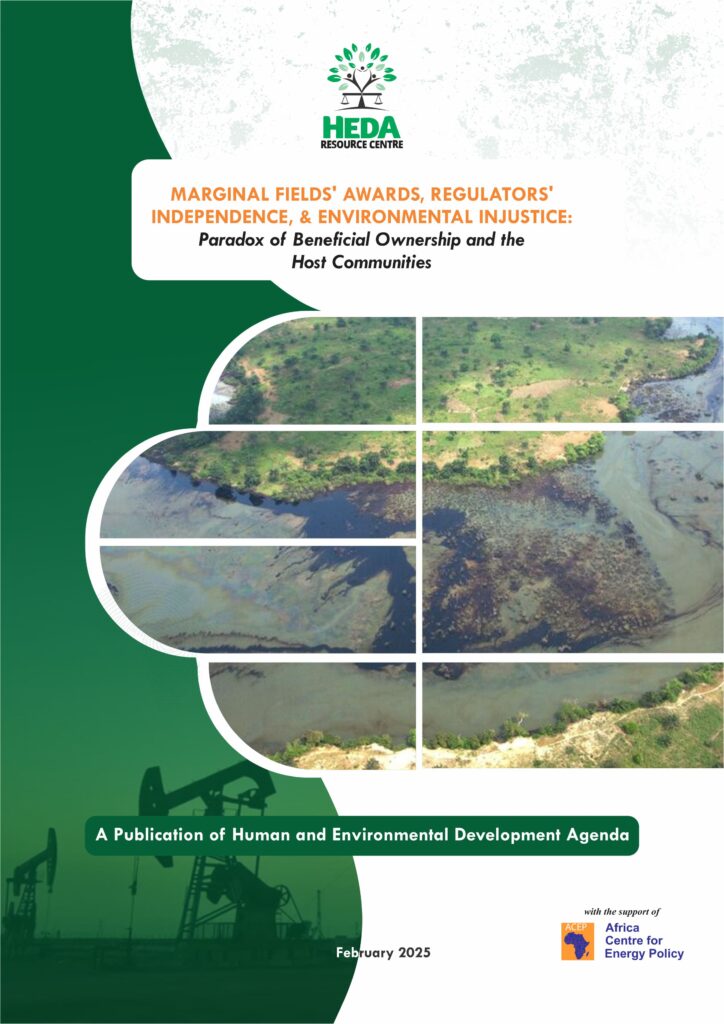 At the latest session of the HEDA Resource Centre’s monthly advocacy series (MAS) X-Space, Omoyele Sowore, the publisher of Sahara Reporters, delivered a stark evaluation of the current state of human rights in Nigeria. Speaking on the theme “2024 Review of Human Rights Abuse in Nigeria,” Sowore expressed deep concerns about the alarming regression of human rights in the country, emphasizing that the situation is now worse than during the military rule.
At the latest session of the HEDA Resource Centre’s monthly advocacy series (MAS) X-Space, Omoyele Sowore, the publisher of Sahara Reporters, delivered a stark evaluation of the current state of human rights in Nigeria. Speaking on the theme “2024 Review of Human Rights Abuse in Nigeria,” Sowore expressed deep concerns about the alarming regression of human rights in the country, emphasizing that the situation is now worse than during the military rule.
Sowore criticized the Nigerian Police Force for prioritizing the suppression of legitimate human rights activism over combating crime. He highlighted daily violations of freedom of speech and pointed out the widespread harassment of citizens both online and offline by law enforcement. He cited numerous instances of disregard for court orders and lamented the plight of the 48,000 individuals awaiting trial, most of whom are poor.
“Nigeria is in a state of absolute impunity,” he stated, adding, “A state where those responsible for law and order feel exempt from the rule of law themselves.” Sowore painted a vivid picture of a legal system that selectively targets the poor while allowing the powerful to evade justice. He likened Nigerian law to a cobweb that entraps only the weak, leaving the powerful untouched.
The Sahara Reporter’s publisher condemned the government’s efforts to stifle freedom of speech, tracing this issue back to the Jonathan administration’s introduction of the Cyber Crime Act. “Initially aimed at combating internet fraud, the act has been misused to suppress dissent. Despite the repeal of Section 24, law enforcement continues to enforce it.” Sowore also noted the government’s failed attempts to pass social media laws and their continued use of outdated laws to target activists.
Sowore emphasized the economic impact of these human rights violations, particularly how the internet has become a crucial economic hub for many Nigerians. He argued that the suppression of free speech not only affects physical freedoms but also destroys economic livelihoods and stifles creativity and democratic participation.
Expressing concern over the diminishing role of civil society organizations, Sowore questioned their commitment to defending human rights and demanding good governance. He criticized the complacency and collaboration of some civil society groups with the authorities, undermining their effectiveness.
Sowore called on Nigerian citizens to challenge the government both online and in person. He stressed that the government itself is often the primary source of fake news and that its duty is to tell the truth about its actions.
In his concluding remarks, Sowore urged for renewed efforts towards genuine law enforcement and respect for human rights in Nigeria, emphasizing the importance of free speech in fostering democracy and creativity in any society. The session concluded with a call to action for civil society organizations to step up their efforts in defending human rights and for citizens to remain vigilant and active in the fight for justice.


